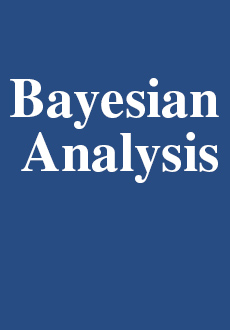Abstract
This paper addresses the risk of fraud in credit card transactions by developing a probabilistic model for the quickest detection of illegitimate purchases. Using optimal stopping theory, the goal is to determine the moment, known as disorder or fraud time, at which the continuously monitored process of a consumer’s transactions exhibits a disorder due to fraud, in order to return the best trade-off between two sources of cost: on the one hand, the disorder time should be detected as soon as possible to counteract illegal activities and minimize the loss that banks, merchants and consumers suffer; on the other hand, the frequency of false alarms should be minimized to avoid generating adverse effects for cardholders and to limit the operational and process costs for the card issuers. The proposed approach allows us to score consumers’ transactions and to determine, in a rigorous, personalized and optimal manner, the threshold with which scores are compared to establish whether a purchase is fraudulent.
Citation
Bruno Buonaguidi. Antonietta Mira. Herbert Bucheli. Viton Vitanis. "Bayesian Quickest Detection of Credit Card Fraud." Bayesian Anal. 17 (1) 261 - 290, March 2022. https://doi.org/10.1214/20-BA1254
Information





